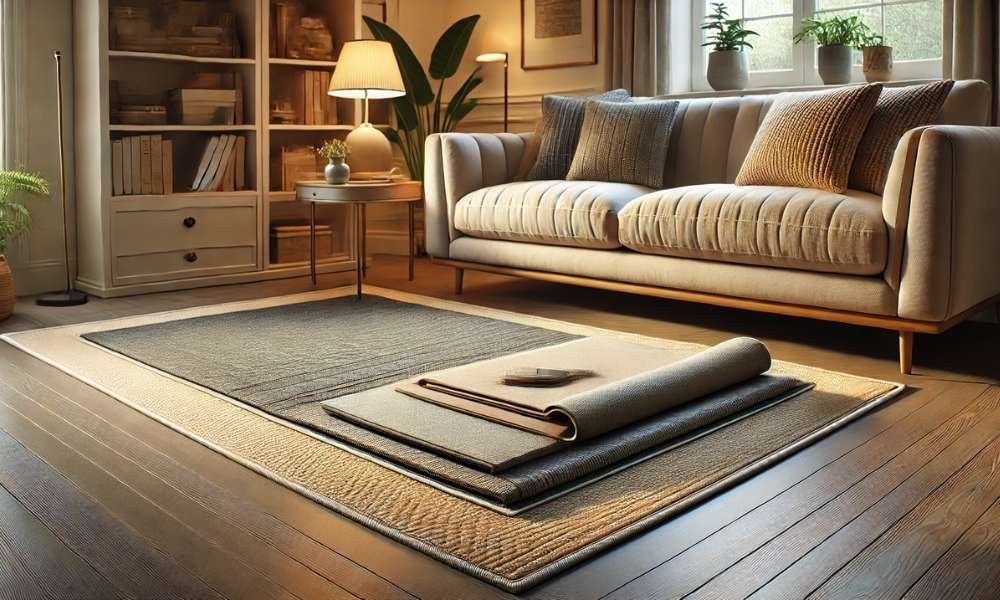Layering an area rug over a carpet can add warm temperature, texture, and style to your area. However, retaining the rug securely in the vicinity may be an assignment. From normal foot visitors to unintentional shifts, your rug may additionally bunch up or drift spherical, affecting each its appearance and protection. In this manual, we are going to stroll you through powerful and easy techniques on How To Secure Area Rug On Top Of Carpet, making sure that it stays well in location whilst enhancing your room’s aesthetic. Whether you are searching for a quick repair or a protracted-term answer, we’ve given you included.
The Common Struggles of Slippery Rugs
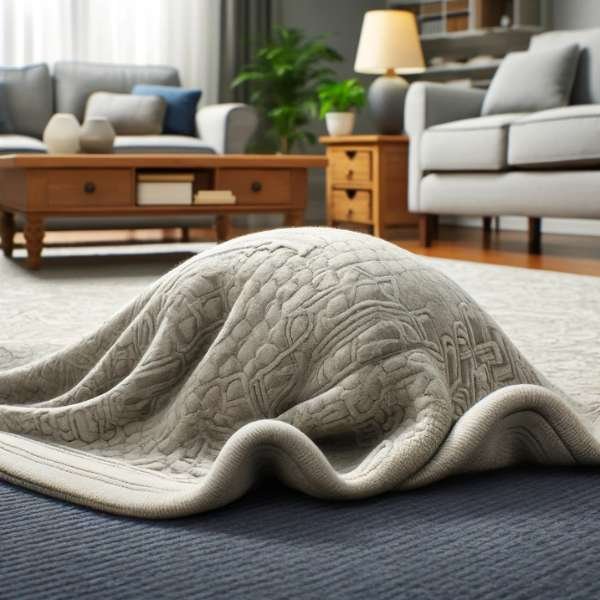
Slippery rugs on carpeted surfaces are greater than just an annoyance. Each time you walk throughout the room, the mat might shift or bunch up, especially if you have a low-pile carpet. This consistent motion can cause the mat to develop creases, sporting out quicker, or causing discomfort whilst walking. It’s a silent trouble but one which could cause large troubles, consisting of upfront destruction of your mat and carpet.
The Benefits of Securing Your Rug for Safety and Aesthetics
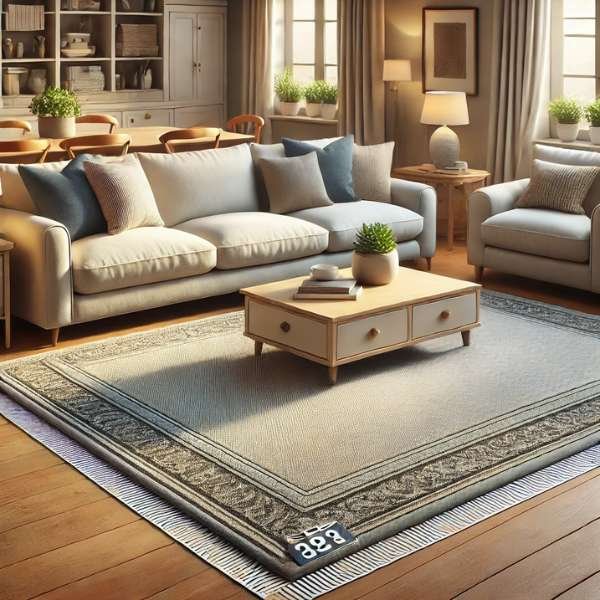
Securing your regional rug manner greater than simply making sure it remains placed—it complements both protection and splendor in your home. When mats remain flat and aligned, they minimize tripping dangers, especially in excessive-visitors regions. Moreover, a strong mat maintains the visible go-with-the-flow of your room, permitting you to be aware of the decor, no longer continuously solving the mat’s function. It keeps the whole lot orderly, refined, and cohesive, adding a hint of beauty that doesn’t require constant protection.
Cleaning an area rug on hardwood floor is important for maintaining protection and aesthetics. Securing your carpet prevents slipping, which reduces the hazard of injuries, especially in immoderate-traveler regions. Additionally, preserving your carpet without difficulty complements the general appearance of your home, keeping the splendor of every mat and your hardwood flooring even as selling a further in shape for dwelling surroundings.
Understanding the Challenges of Placing Rugs on Carpet
Why Rugs on Carpet Can Shift Over Time
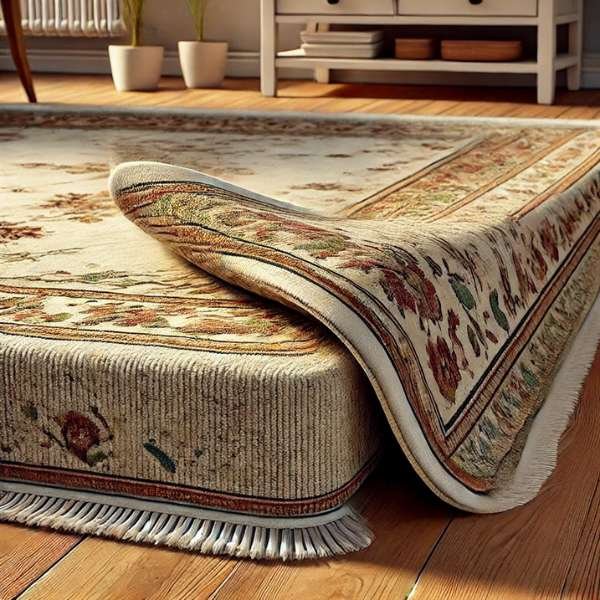
Rugs on carpets are prone to slipping because of the interaction between the two styles of fibers. The friction between the carpet’s backing and the mat fibers can cause gradual movement because the carpet loosens and shifts with foot site visitors. Over time, this can result in warping or the carpet rolling up at the rims, creating a risky and unsightly scenario.
How Carpet Fiber Types Affect Rug Stability
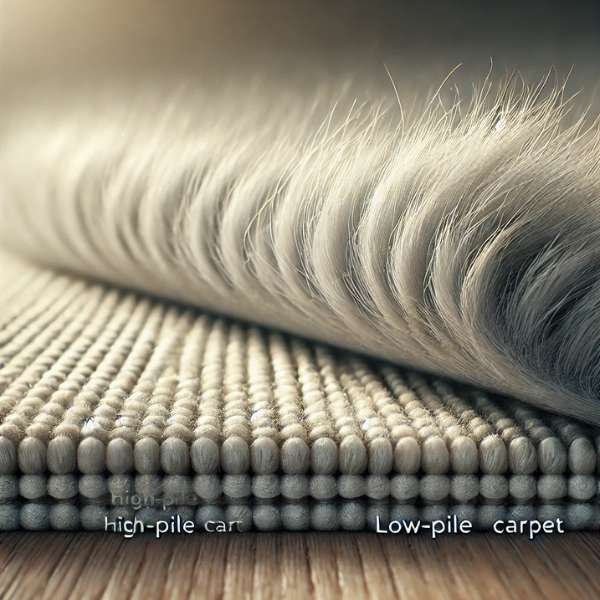
Not all carpets are created identically. The fiber kind and density of your carpet play sizable roles in how well your carpet will stay in place. Plush, high-pile carpets create a softer surface that makes it easier for mats to shift, whereas low-pile carpets provide a firmer base that better supports a stable carpet placement. Understanding your carpet’s fiber type is key to deciding on the right rug and securing approach.
Choosing the Right Area Rug for Your Carpet
Best Rug Materials for Carpeted Surfaces
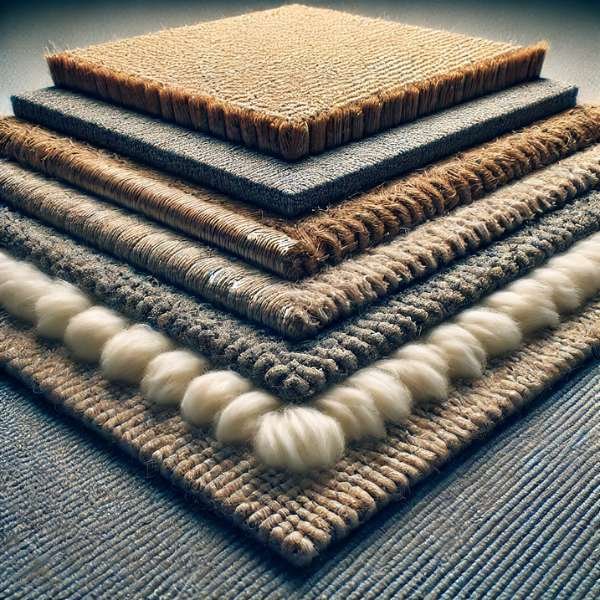
Certain rug substances are obviously better applicable to carpeted areas. mats made from jute, wool, or natural fibers have a tendency to be heavier and greater rigid, presenting a higher grip on the pinnacle of the carpet. On the other hand, lightweight synthetic substances may additionally require extra securing measures because of their tendency to slide effortlessly.
Size and Weight: Key Factors to Consider for Stability
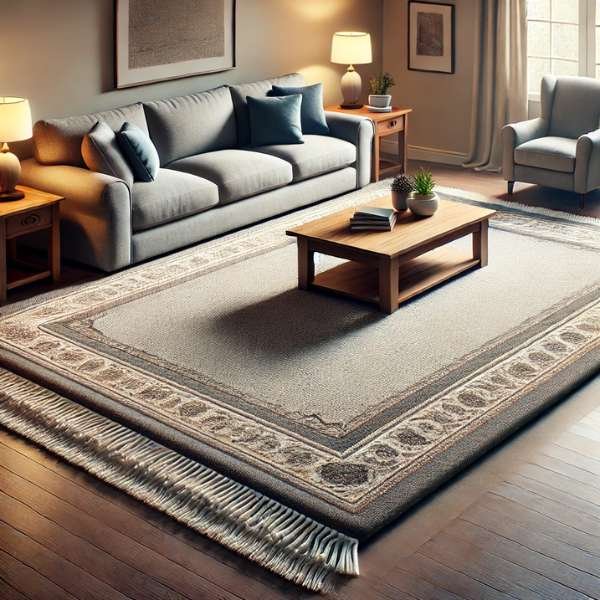
Larger, heavier rugs inherently live in place greater efficiently than small, lightweight ones. Opting for a thicker, denser mat can help reduce slippage. Additionally, ensure the carpet is correctly sized for the gap—an oversized mat may be anchored with furniture, while a smaller mat may also require greater assistance to live steadily.
Exploring Different Methods to Secure Area Rugs on Carpet
Anti-Slip Rug Pads: A Beginner’s Best Friend
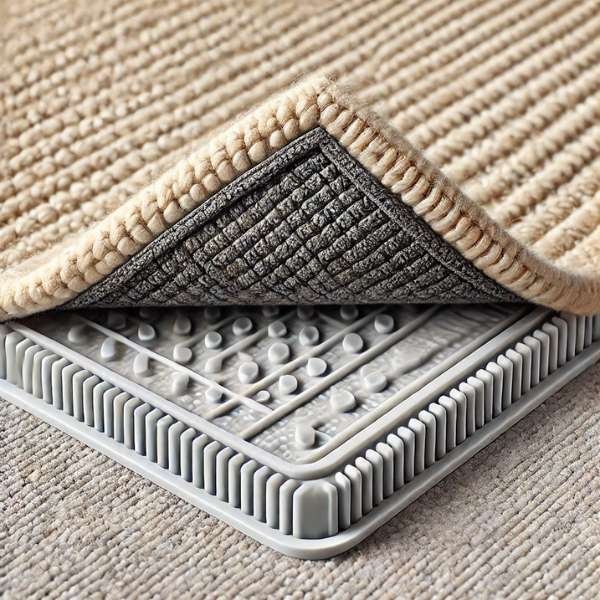
Anti-slip carpet pads are the go-to solution for many house owners. These pads are designed to create friction between the mat and the carpet, stopping motion. They are easy to use and come in a variety of sizes and thicknesses to suit your needs.
Carpet Tape: A Quick and Easy Solution
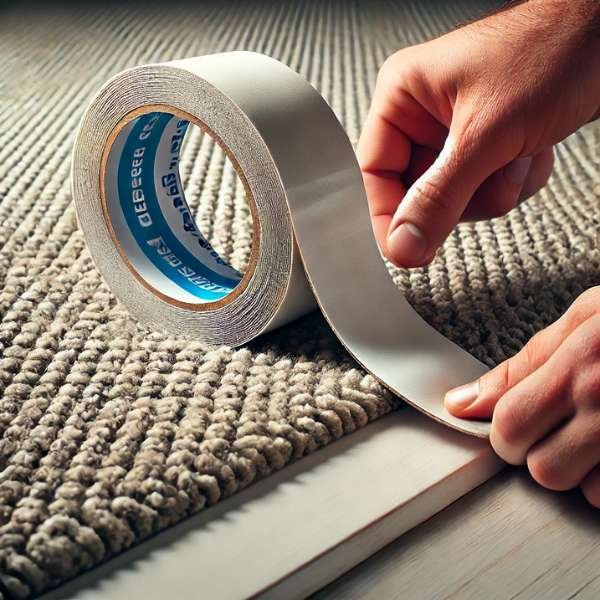
Carpet tape is another popular option for securing rugs. This double-sided adhesive tape creates a robust bond between the mat and the carpet, ensuring the mat stays precisely in which you region it. It’s a notable brief-time period answer but must be used with caution, as a few tapes can go away residue in your mat.
Non-Slip Rug Grippers: What You Need to Know
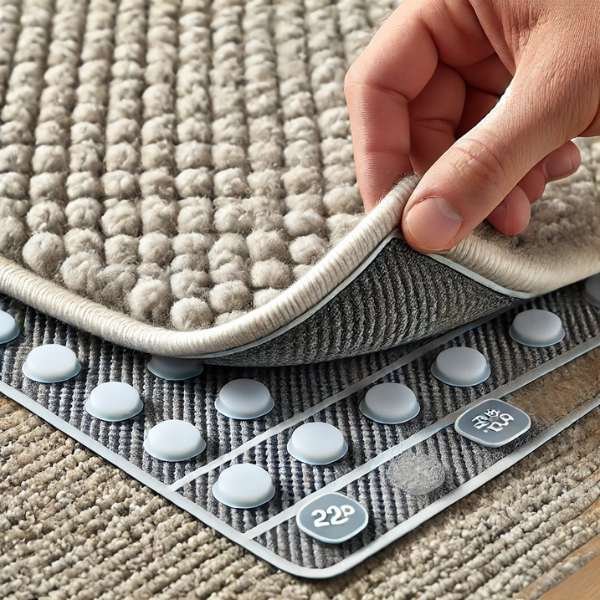
Non-slip rug grippers, small pads located at the corners or edges of the mat, offer an extra discreet technique for preserving carpets stable. They paint well in a mixture with other securing strategies, adding more grip in focused areas.
Double-Sided Carpet Tape vs. Rug Grippers: Which Works Best?
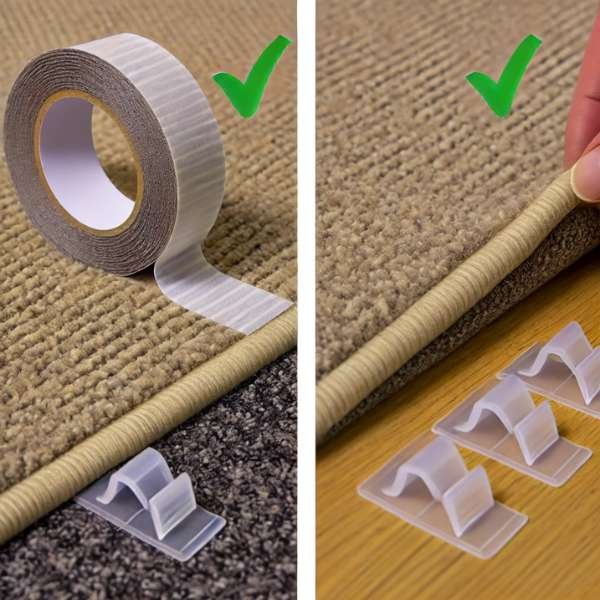
Both options have their deserves. Double-sided carpet tape is quick to apply and affords all-around balance, however, mat grippers are much less invasive and easier to regulate through the years. For a greater stable answer, you may even combine both.
DIY Methods for Securing Rugs on Carpet
How to Use Velcro Strips to Keep Your Rug in Place
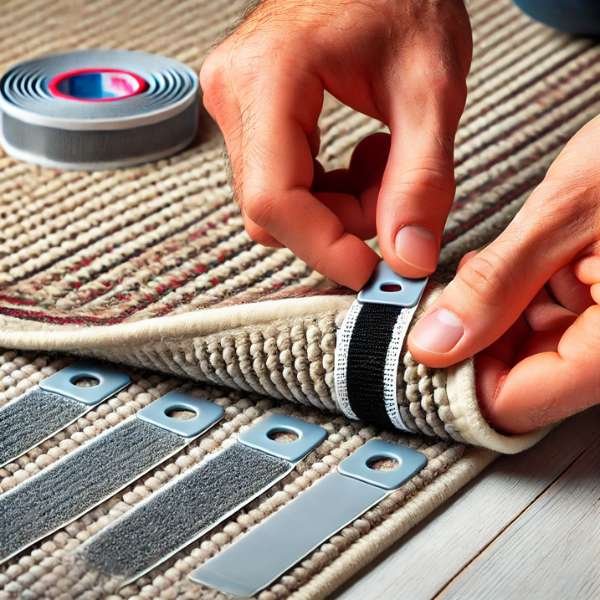
For a creative, DIY approach, velcro strips can be an excellent solution. Simply attach the hook side of the velcro to the carpet and the loop side to the mat. This method offers a strong hold and can easily be removed or adjusted as needed.
Safety Pins and Staples: The Do-It-Yourself Approach
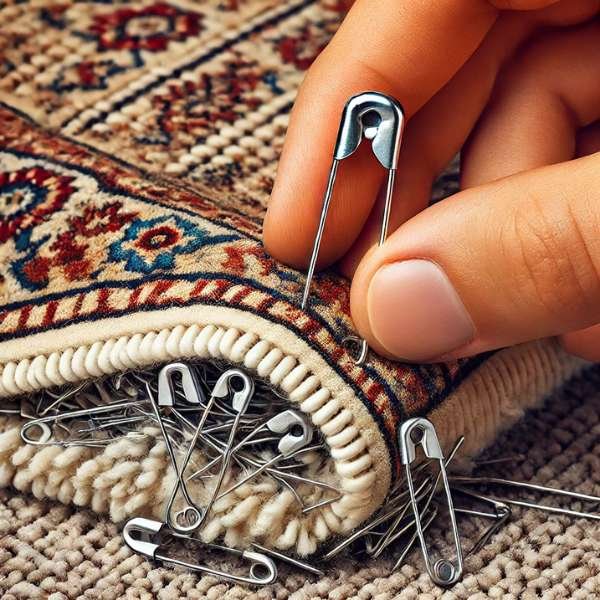
For a quick and temporary fix, safety pins or staples can be used to secure smaller rugs to the carpet. However, it’s important to use this method sparingly to prevent any potential damage to the fibers of both the mat and the mat.
Using Furniture to Anchor Your Area Rug
Strategically Placing Furniture on the Rug
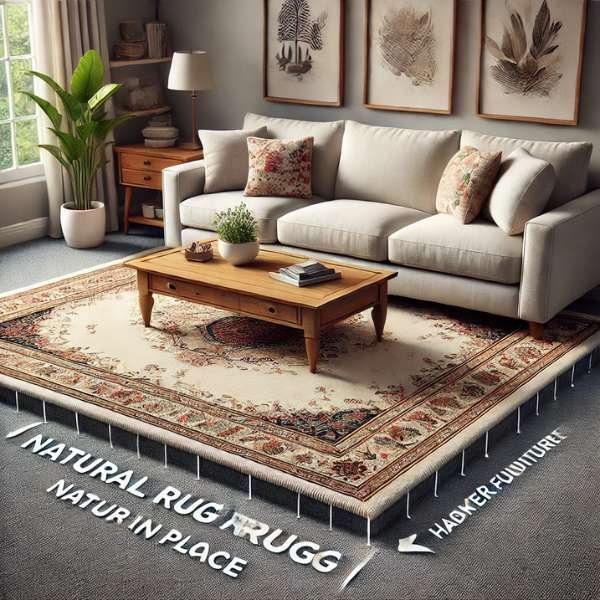
Furniture is a natural anchor for rugs. Placing heavier items like sofas, chairs, or tables over the edges of your mat helps keep it secure without the need for adhesives or other securing methods.
How Heavy Furniture Can Enhance Rug Stability
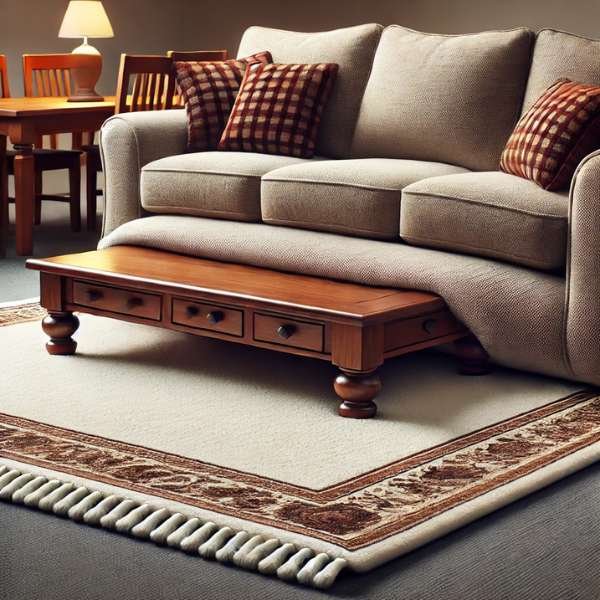
The weight of furniture naturally presses down on the rug, ensuring it stays flat and doesn’t shift. This method is especially effective for large-area mats in living rooms or dining areas where furniture is abundant.
Maintaining Style and Stability: Blending Rug and Carpet Designs
Coordinating Rug Patterns with Your Carpet
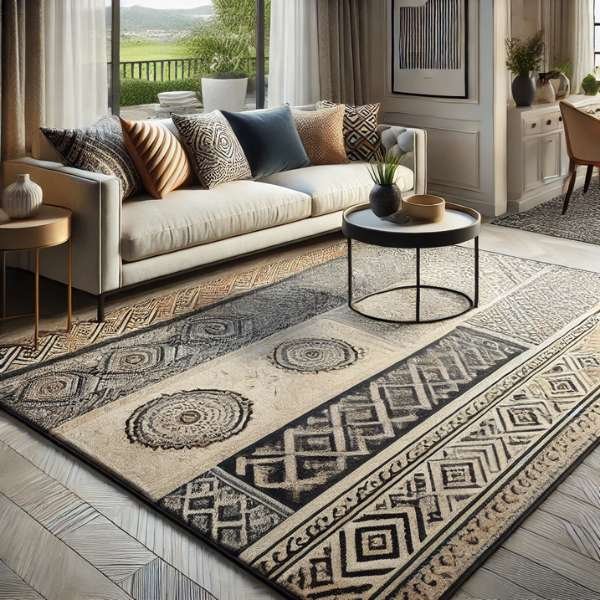
Layering a rug over a carpet requires careful attention to visual balance. Matching patterns or opting for a contrasting design can bring a stylish and bold touch to the space, enhancing its depth without creating a cluttered appearance.
Choosing Rug Colors That Complement Your Existing Décor
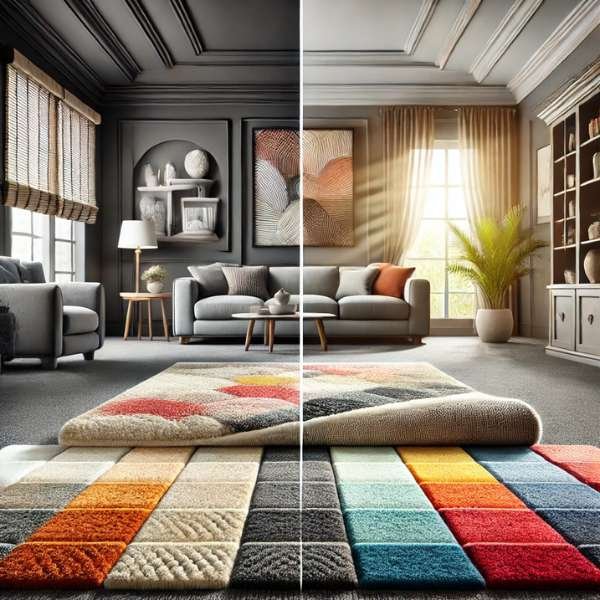
A well-chosen rug color enhances your room’s overall design. Opt for colors that either complement your carpet or create a striking contrast. This balance will help maintain the aesthetic appeal while ensuring the mat blends seamlessly into your décor.
Avoiding Damage to Your Carpet While Securing Rugs
Tips for Using Adhesive Without Ruining Your Carpet
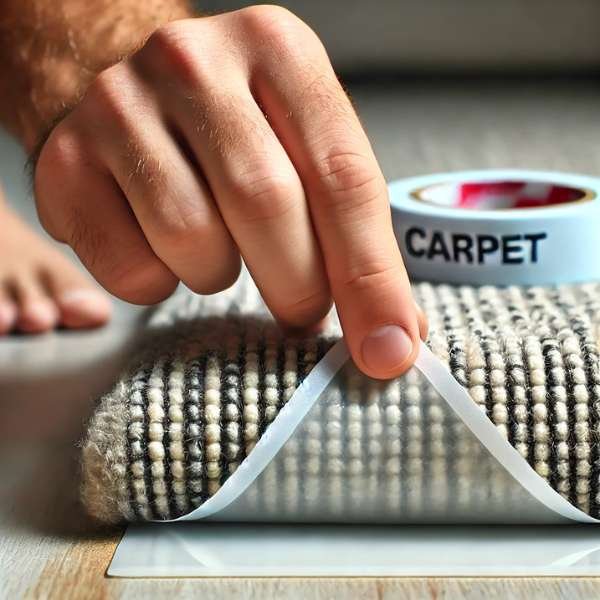
It’s important to select carpet-safe adhesive products such as tape or pads that won’t leave sticky residue. Regularly inspect the underside of the mat to avoid any adhesive accumulation over time.
Best Practices for Preventing Carpet Imprints
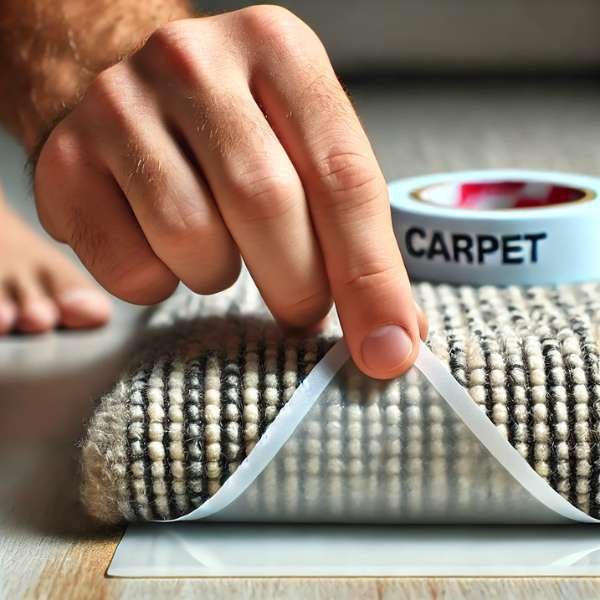
Heavy mats and furniture can leave unsightly imprints on your carpet over time. Regularly rotating your mat and adjusting the position of your furniture can help reduce these marks and keep both your mat and carpet looking fresh.
How to Maintain a Secured Rug Over Time
Regular Maintenance: Checking Your Rug for Shifting
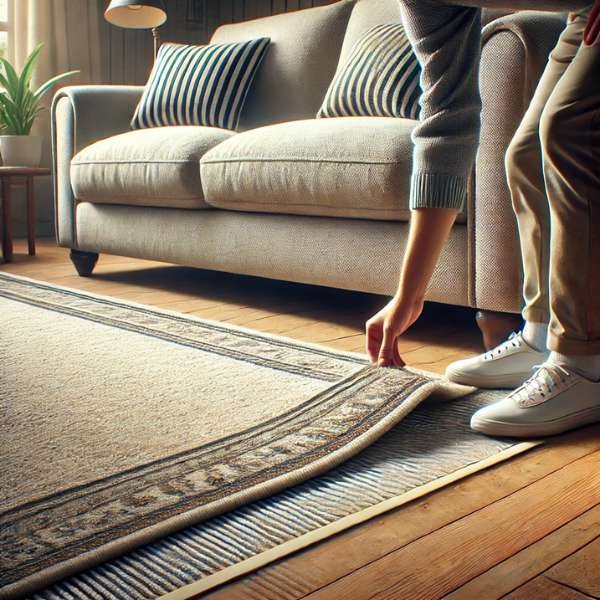
Even the most securely placed rugs can shift slightly over time, especially in high-traffic areas. Regularly check your mat’s position and make any necessary adjustments to prevent bunching or sliding.
When to Replace Anti-Slip Pads and Grippers
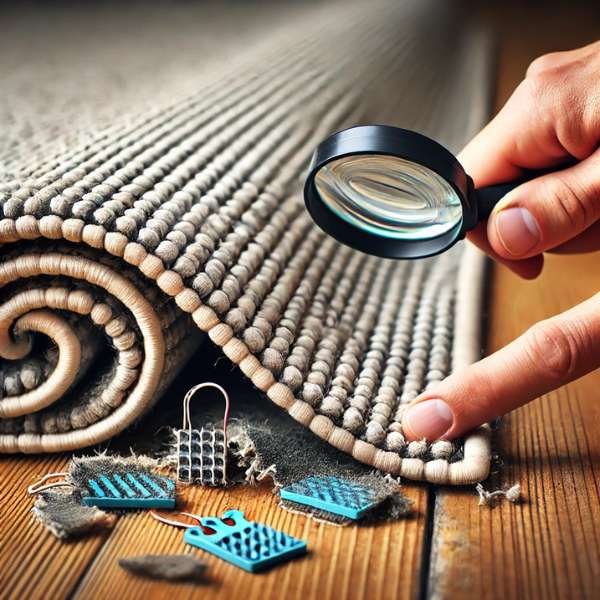
Rug pads and grippers lose their effectiveness over time. Inspect these items periodically and replace them as needed to ensure continued stability.
Common Mistakes to Avoid When Securing Rugs on Carpet
Overusing Adhesives: What Can Go Wrong
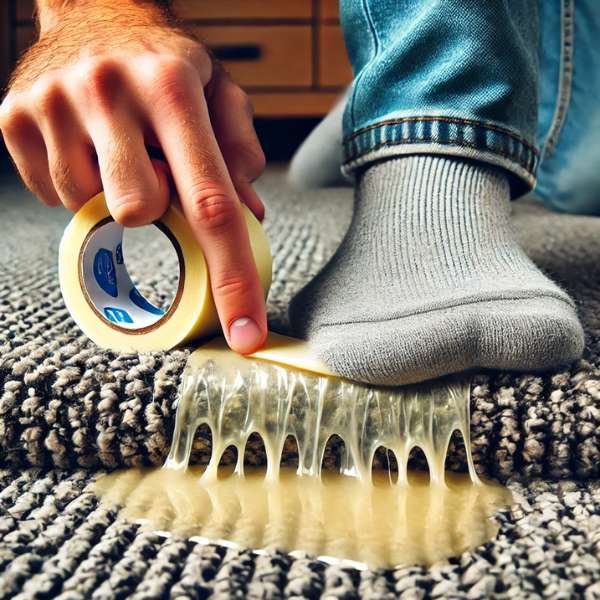
Excessive use of adhesive can harm your carpet fibers and complicate future adjustments. Apply adhesives sparingly to prevent residue build-up and maintain the longevity of your mat.
Choosing the Wrong Size Rug for Your Space
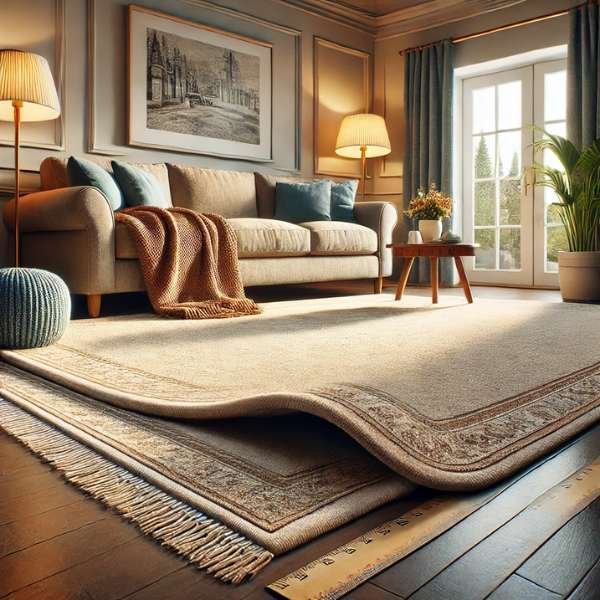
An improperly sized rug can lead to more shifting, as it lacks enough surface area to stay secure. Always measure your space and choose a mat that fits the room proportionately.
Troubleshooting: What to Do if Your Rug Keeps Moving
Identifying the Causes of Rug Movement
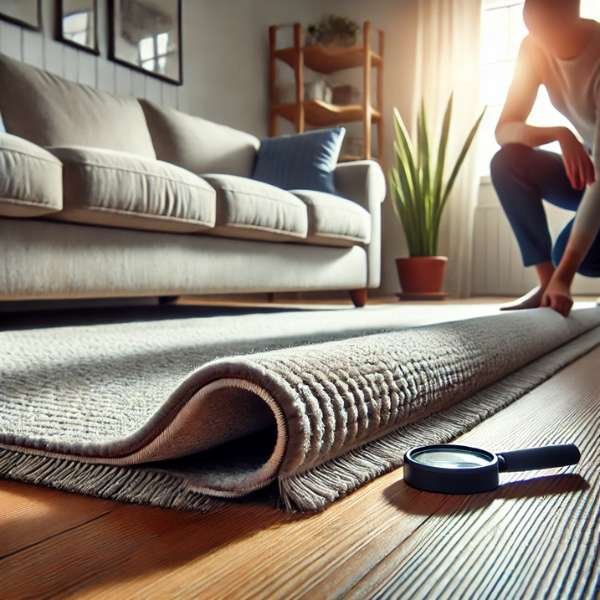
Rug movement can be caused by several factors, from improper securing methods to environmental conditions. Pinpointing the underlying issue allows you to select the most appropriate solution.
Solutions for High-Traffic Areas
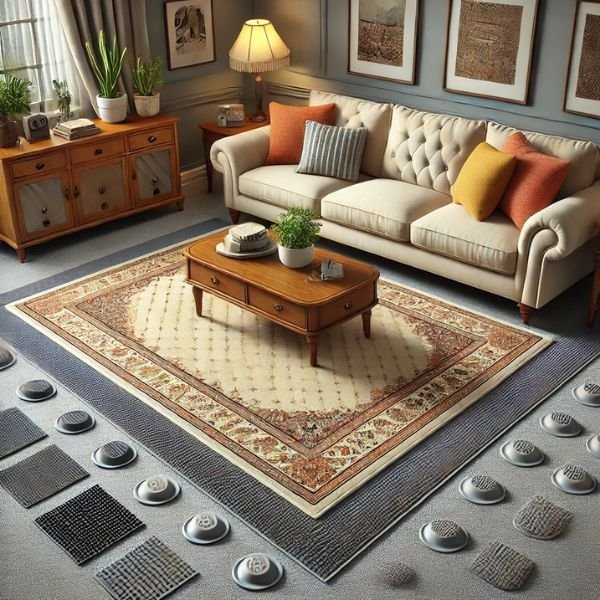
For high-traffic areas, consider a combination of carpet grippers, pads, and strategic furniture placement to keep your mat securely in place.
How Humidity and Temperature Affect Rug Stability
Carpet and Rug Shifting During Seasonal Changes
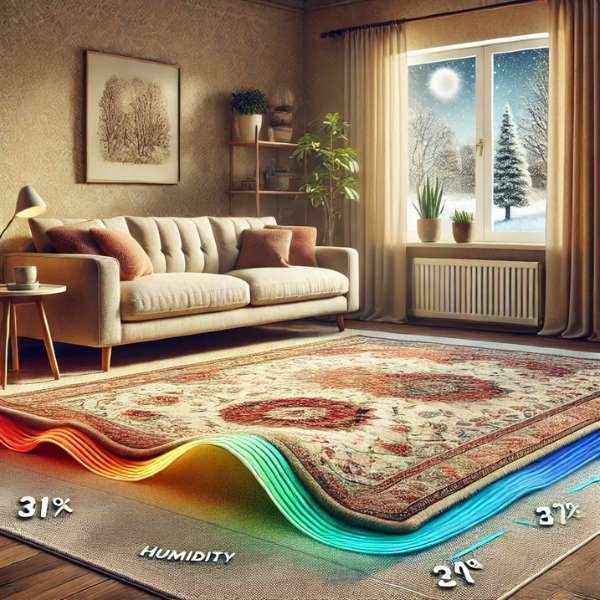
Temperature and humidity fluctuations can cause rugs to shift, particularly in areas where seasonal changes are dramatic. Keep an eye on your mat’s stability during different times of the year.
How to Secure Rugs in Humid or Dry Conditions
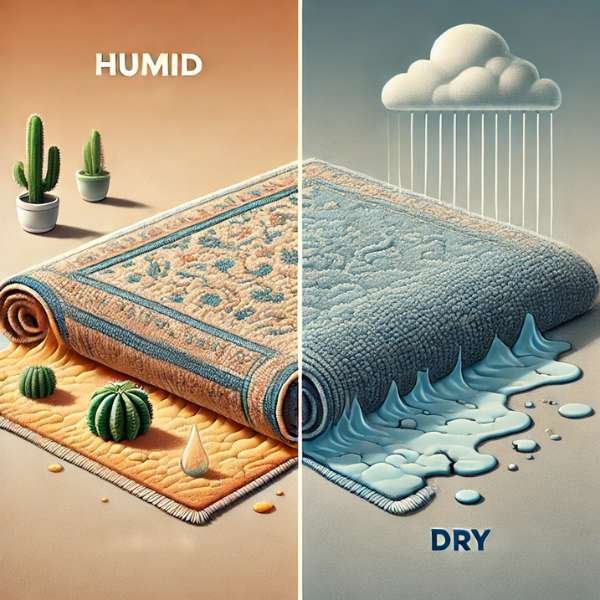
In humid climates, mats may expand or loosen, leading to movement. In dry conditions, they can become brittle. Adjust your securing methods accordingly for the best results.
How to Layer Rugs for a More Stable Setup
Benefits of Layering Rugs on Carpet
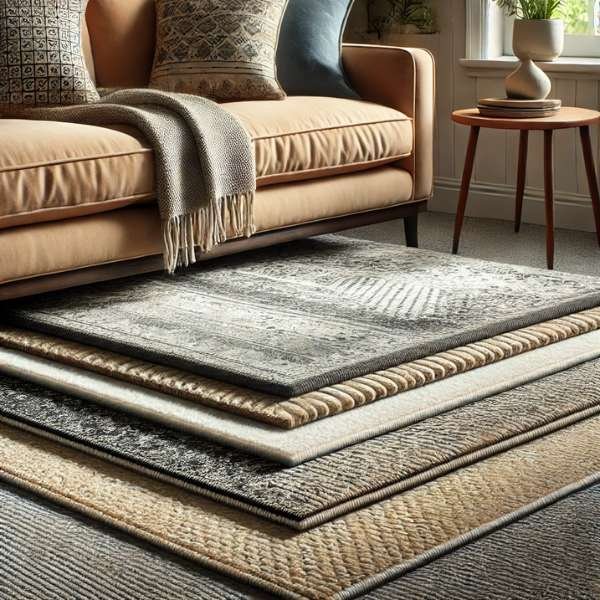
Layering rugs not only adds texture and depth to your space but also provides an extra layer of stability, as the top mat will be held in place by the larger carpet underneath.
Choosing Compatible Rugs for Layering
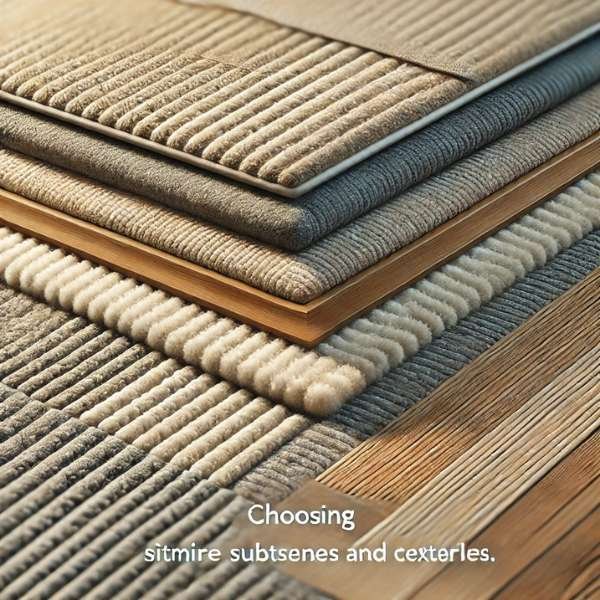
Selecting rugs with matching textures and substances is important for attaining both a cohesive look and secure health when layering over the carpet.
Rug Care and Cleaning Tips to Keep Everything in Place
Cleaning Your Carpet and Rug Without Disrupting Stability
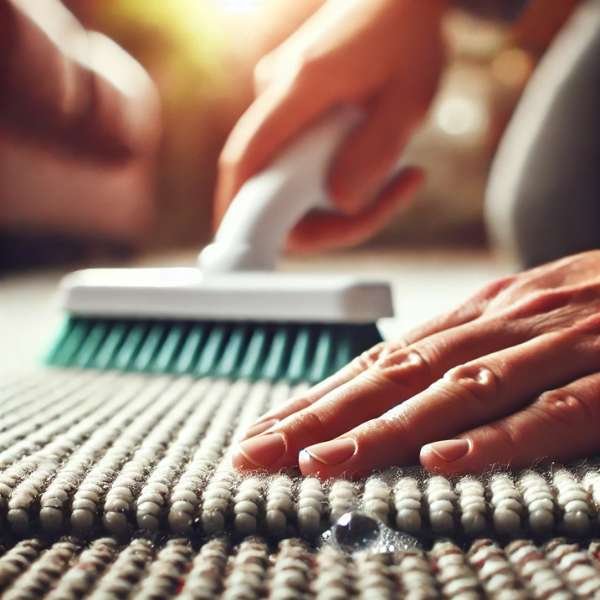
Regular cleaning of both your rug and mat is essential to prevent dirt from accumulating and affecting grip. Use gentle cleaning methods to avoid disturbing the securing elements.
How Dirt and Debris Can Impact Rug Movement
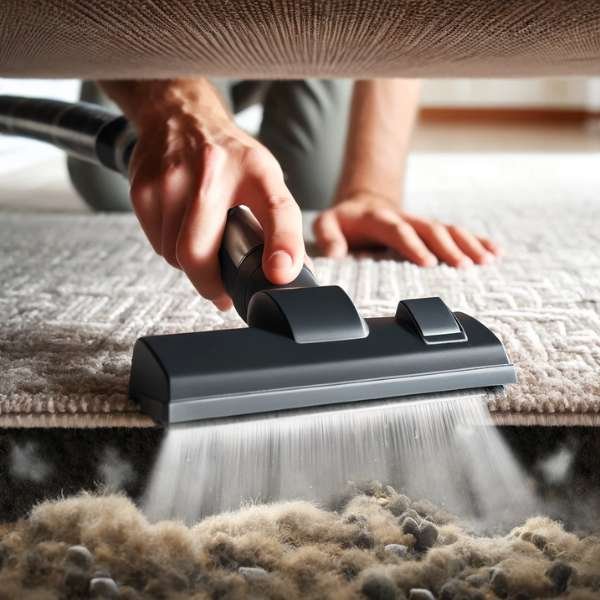
Dust, dirt, and debris trapped under the rug can reduce friction and cause slippage. Frequent vacuuming and cleaning will ensure your mat stays secure.
How to Secure an Area Rug in High-Traffic Rooms
Keeping Rugs Secure in Living Rooms and Hallways
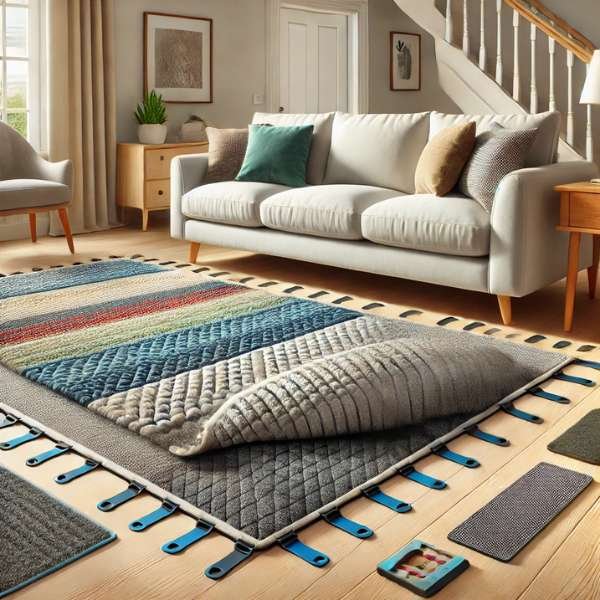
High-traffic areas like living rooms and hallways require extra securing measures. Combine mat grippers, pads, and strategic furniture placement to keep everything in place.
Securing Rugs in Bedrooms and Low-Traffic Areas
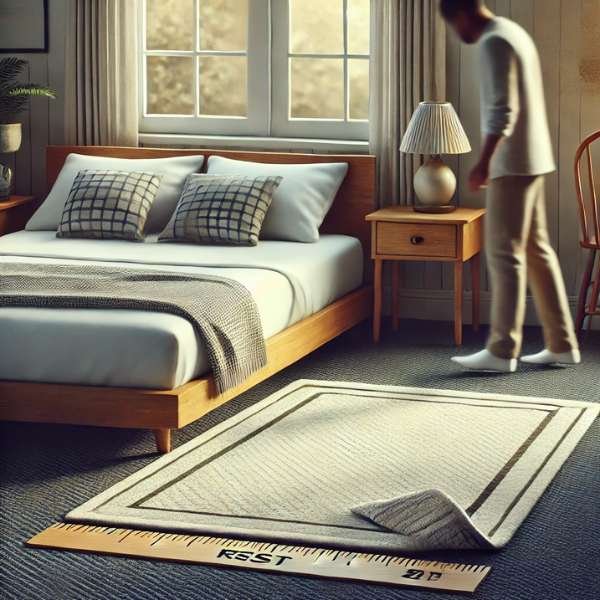
In lower-traffic areas, you may not need as much securing support, but it’s still important to check your mat periodically for any signs of movement.
Budget-Friendly Solutions for Securing Rugs on Carpet
Affordable Rug Grippers and Pads
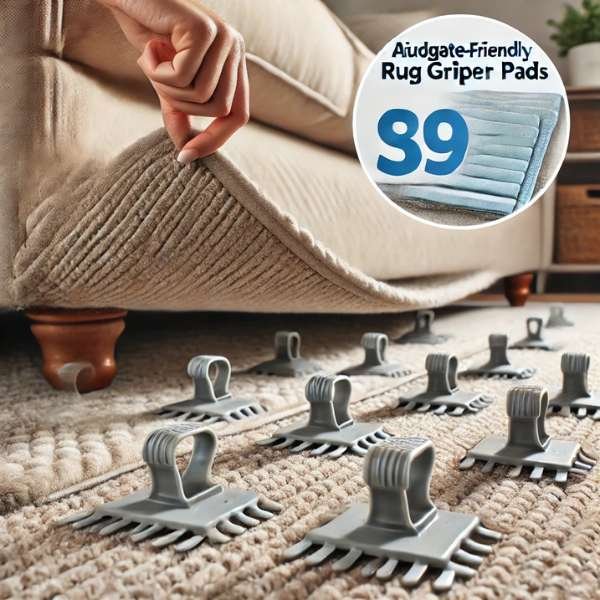
For those on a budget, affordable rug grippers and pads are widely available and can make a big difference in maintaining mat stability without breaking the bank.
DIY Methods for Securing Rugs on a Tight Budget
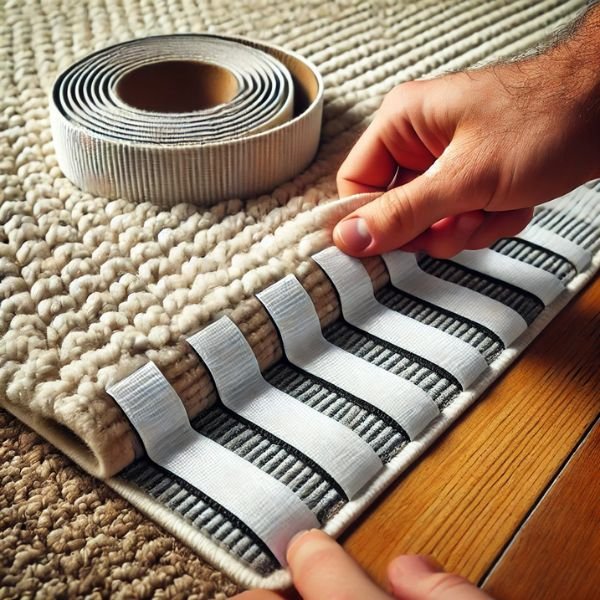
From velcro strips to repurposed furniture pads, there are plenty of cost-effective DIY solutions that can help you secure your rug with minimal expense.
Professional Help: When to Consider It
When to Call in a Professional Carpet Installer
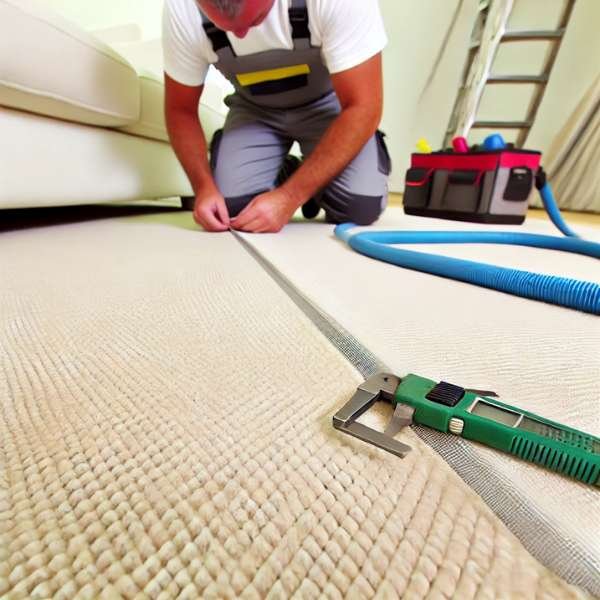
For large or custom carpets that are challenging to secure, seeking the expertise of a professional mat installer can provide a more permanent and effective solution.
How Professionals Can Help You Secure Large Rugs

Professionals can assess your space and provide customized solutions for securing large, heavy rugs that may be difficult to manage on your own.
Creative Ideas for Securing Area Rugs in Unique Spaces
Securing Rugs in Home Offices and Workspaces
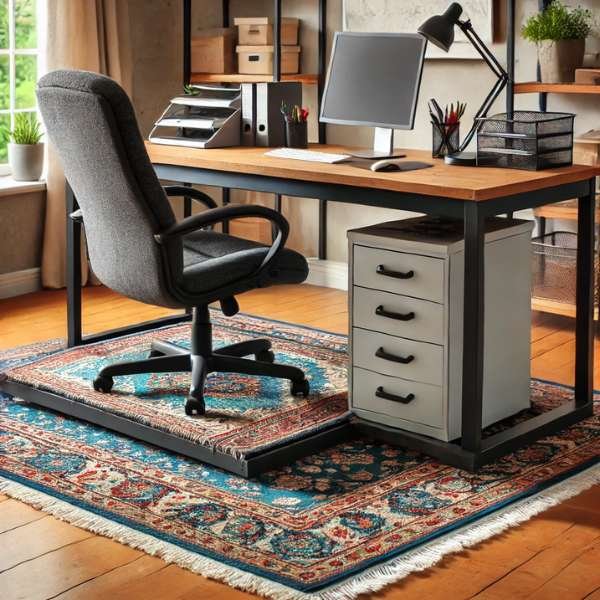
In-home offices, where furniture may be more mobile, use a combination of heavy desks and chairs to anchor your rug securely.
Creative Rug Placement in Open Floor Plans
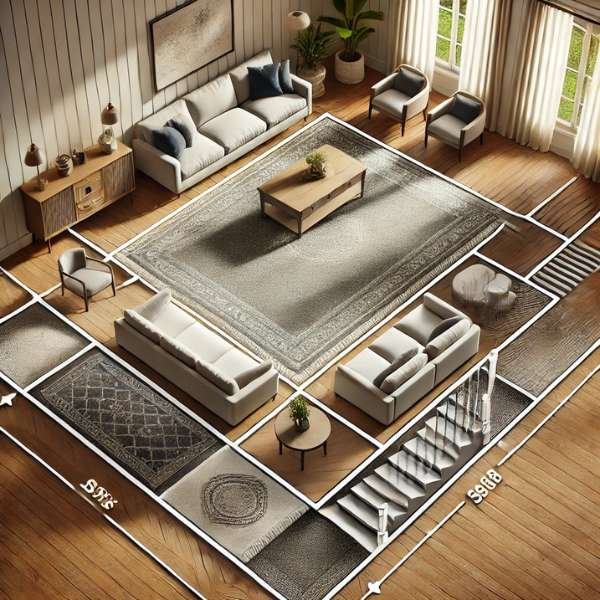
In open floor plans, layering smaller rugs on top of large ones or anchoring them with heavy fixtures can assist create awesome zones at the same time as preserving everything in location.
Final Thoughts: Enjoying a Secure, Stylish Home
Combining Style and Functionality with Your Rug
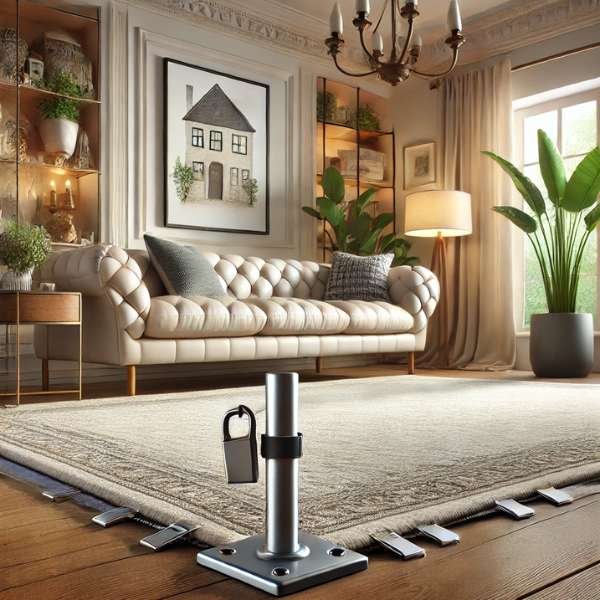
Securing your location rug doesn’t suggest sacrificing fashion. With the right strategies, you could preserve both functionality and aesthetics, creating an area that is as secure as it’s far lovely.
How to Create a Comfortable and Safe Space
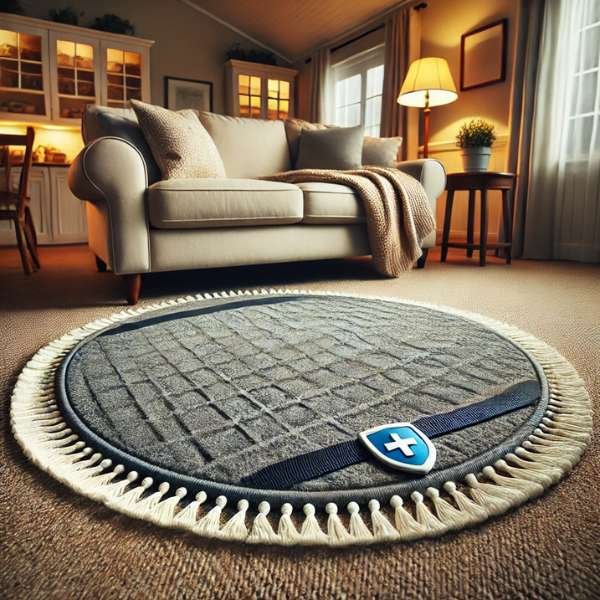
A well-secured rug provides the comfort and atmosphere of your property, making it an extra inviting and safer area for family and guests alike.
Conclusion:
Securing an area rug on the pinnacle of a carpet is not only most effective in preserving the visible appeal of your space but also ensuring safety and comfort. By choosing the right mat pad, strategically setting furnishings, or the use of adhesive alternatives, you could efficaciously save you slipping and bunching. These strategies offer a continuing strategy to keep your mat in location whilst maintaining the integrity of both the mat and carpet. With a bit of interest in detail, you can enjoy the layered look of an area mat over a mat with no trouble.

